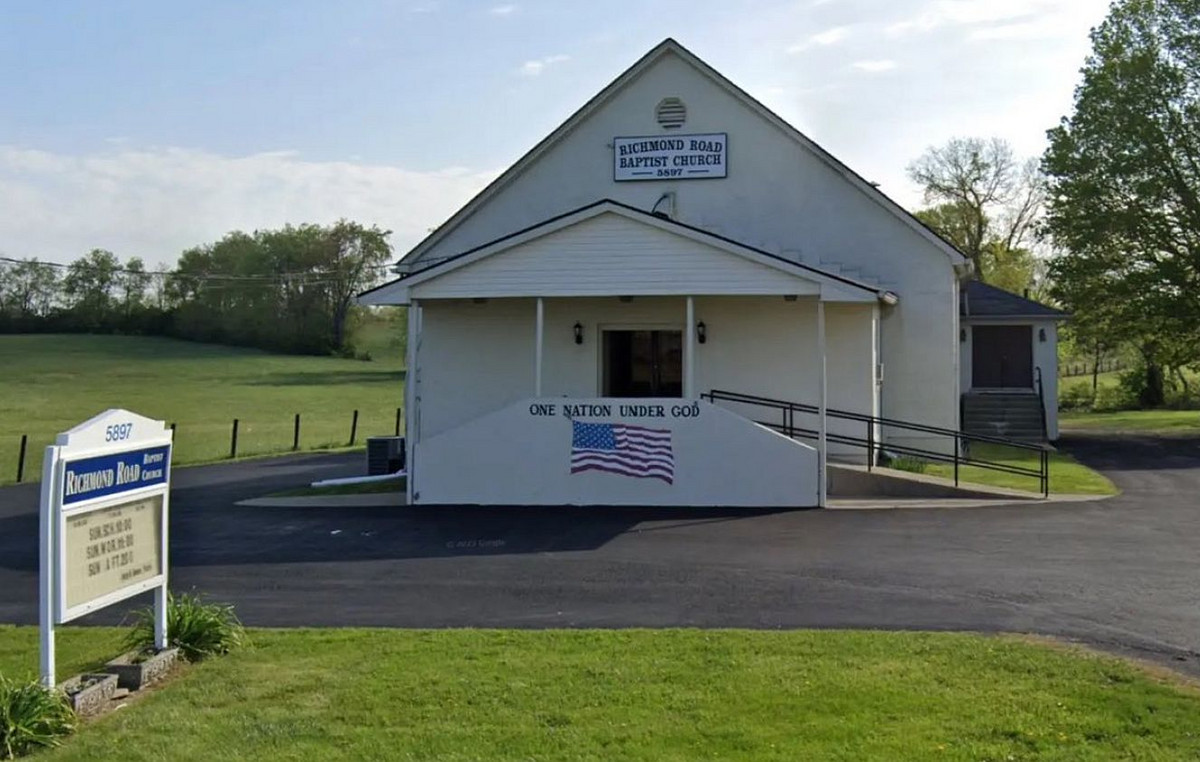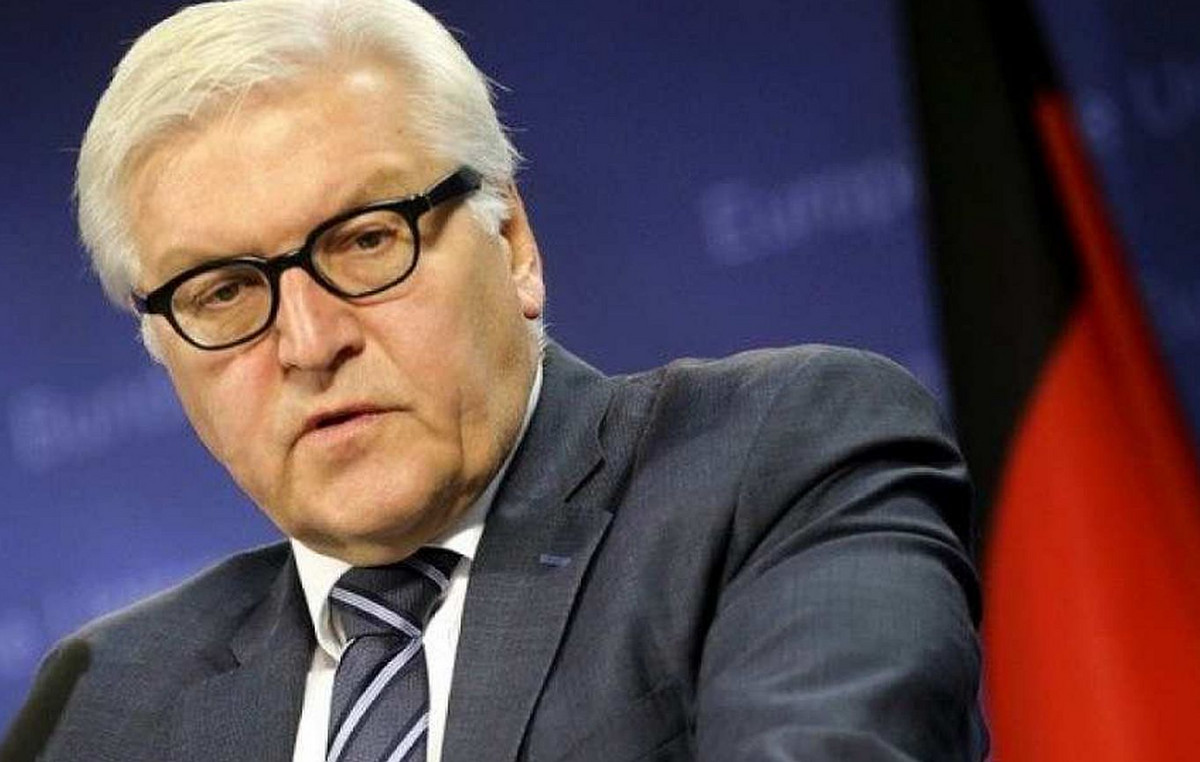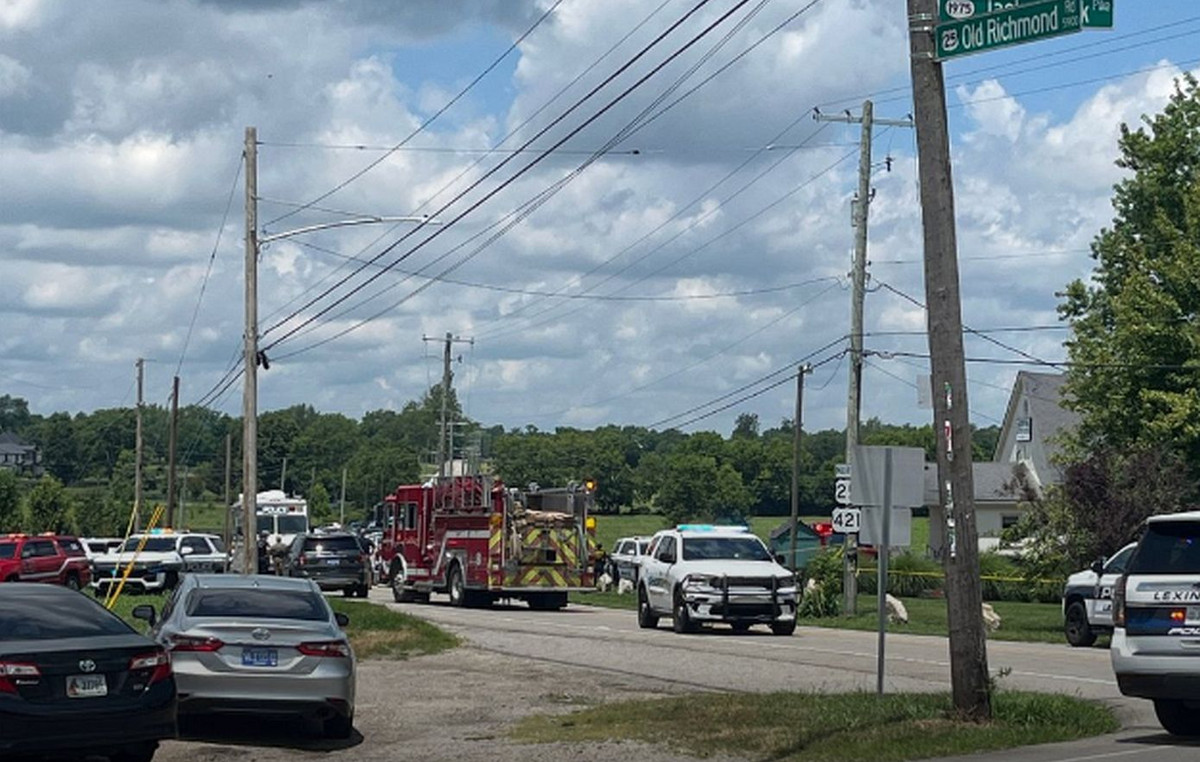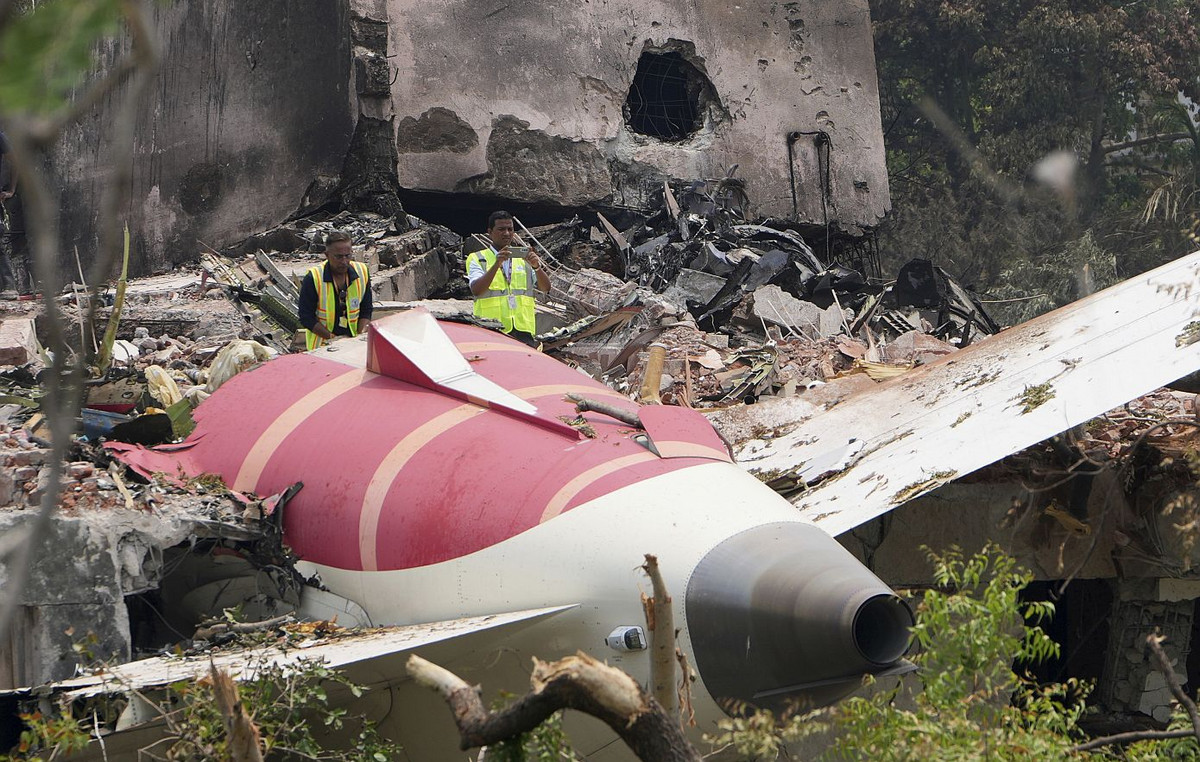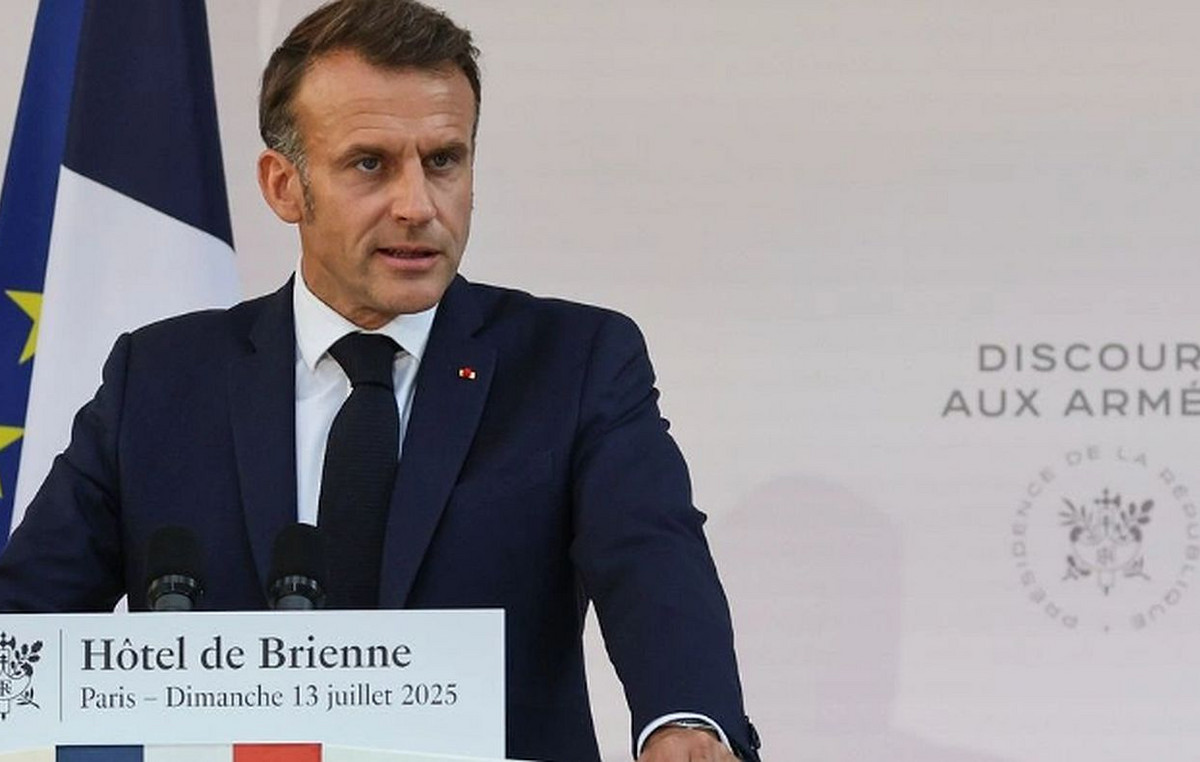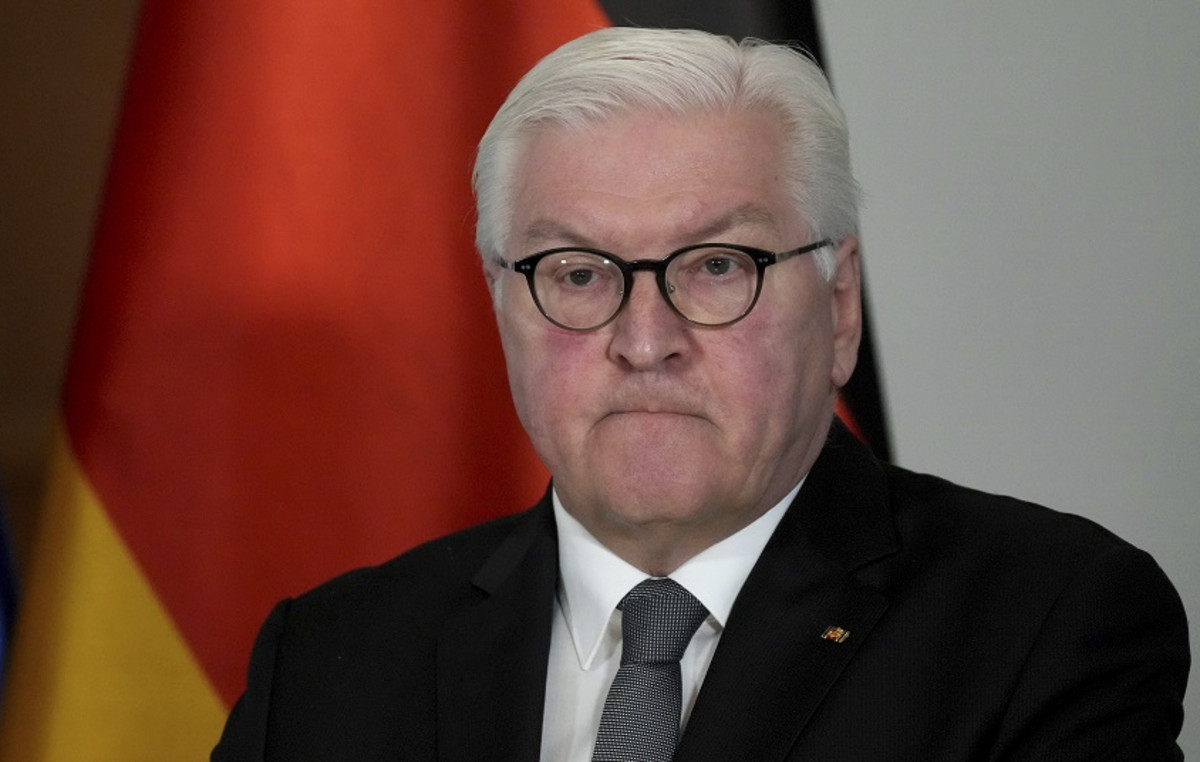When the school ends, for many a period of lightness, travel and free time begins. But for many others, children and young people who live in low -income families, summer becomes a season of emptiness. In Aversa, as in many other Italian cities, the average cost of private summer centers is around 100 euros per week. An unsustainable expense for many families, especially if multiplied by the eight or nine weeks of school holidays. «A family with medium-low income can perhaps afford one week, but three months are impossible. And often they can’t even be that single week », says Lucia Cesaro, educator of the attendance of the International Organization of the International Weworld in Aversawho launched his Summer plan 2025offering free activities for girls, boys and teenagers in the most fragile territories, from North to South. Frequency centers 200 are in particular in Milan, Cagliari, Rome, Aversa and Catania.
“The parish Grests cost less, between 20 and 30 euros per week, but are often overcrowded and not suitable for older children or with relationship difficulties”. The personal issue is not secondary: many summer proposals focus on children aged 6 to 8 years. Who has 10, 12, 14 years old is cut out. «We work with a band ranging from third grade to high school. For these guys there is almost nothing. And those who have a difficulty of attention, or are more introverted, struggles to find suitable spaces “. The most disconcerting data is precisely this: for the boys aged 10 and over, that is, those who would most need significant experiences outside the home, in a delicate age of growth, There are practically free alternatives in the area. The services are designed for the little ones, inclusive activities are scarce, and isolation risks becoming chronic.
But it’s not just a offer problem. There is also, and above all, a problem of perception. Many parents do not see the risk of leaving a child for three months alone, without stimuli or opportunities for sociality. “For some families, seeing your son on the sofa with his cell phone in his hand all day is fine.” Lucia Cesaro talks about silent educational poverty. «Even when we offer free, playful, afternoon activities, many boys do not come. And the parents don’t push them to do so. In summer there is no school routine to lean on, and inertia takes over “. In some cases, children remain at home also out of necessity. «There are families who entrust the care of brothers to older children. Send it to the summer field would mean having anyone who looks at the little ones. He is a dog who bites his tail ».
Even the educational center, which during the year welcomes dozens of children with workshops, school support and recreational activities, records a clear drop in summer presences. «We have always noticed a slight drop in the summer, but this year it is much more evident. It is as if for many families the educational center was linked only to the school commitment. After the school, participation also ends ». Yet the activities proposed in summer are designed precisely to be light, creative, engaging. «Games, workshops, exits but a more convinced participation would be needed by adults. Even just accompanying the child becomes a commitment that many do not want to take on. And then it is better to leave him at home, with his cell phone ». The photograph is clear: Three months of school holiday without educational alternatives. Those who have economic possibilities enroll their children in sports fields, artistic workshops, study holidays. Whoever does not have them, arranges. And often he leaves his children at home. In front of a screen, in a silence that lasts weeks. The consequences of this educational abandonment are not visible immediately, but they are felt strongly in September. “Staying home for three months without cognitive or relational stimuli causes a lowering of the attention threshold, a slowdown in cognitive processes. September becomes a very high wall to overcome, both for the boys and for those who follow them».
The most affected are those already fragile: children with learning disorders, difficulty concentration, or simply in precarious family conditions. «For them three months of isolation are devastating. The gaps multiply, the relationships impoverish, self -esteem collapses ». In the absence of a public plan for the summer educational time, the scissor of inequalities widens: those who have resources, explore, compare themselves. Those who do not have it remains alone.
Source: Vanity Fair
I’m Susan Karen, a professional writer and editor at World Stock Market. I specialize in Entertainment news, writing stories that keep readers informed on all the latest developments in the industry. With over five years of experience in creating engaging content and copywriting for various media outlets, I have grown to become an invaluable asset to any team.

